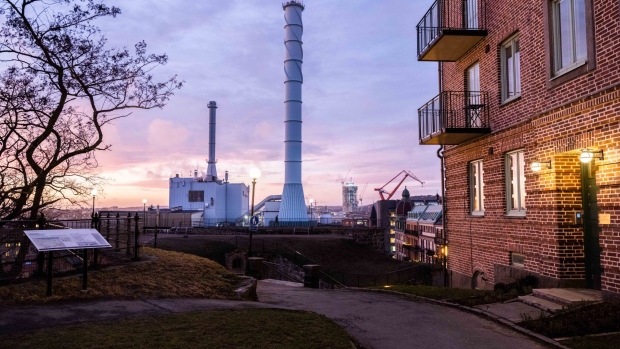European countries’ bill to shield households and companies from soaring energy costs has climbed to nearly €800 bln, researchers said on Monday, urging countries to be more targeted in their spending to tackle the energy crisis, Reuters reports.
European Union countries have now earmarked or allocated €681 bln in energy crisis spending, while Britain allocated €103 bln and Norway €8.1 bln since September 2021, according to the analysis by think-tank Bruegel.
The €792 bln total compares with €706 bln in Bruegel’s last assessment in November, as countries continue through winter to face the fallout from Russia cutting off most of its gas deliveries to Europe in 2022.
Germany topped the spending chart, allocating nearly €270 bln – a sum that eclipsed all other countries. Britain, Italy and France were the next highest, although each spent less than €150 bln. Most EU states spent a fraction of that.
On a per capita basis, Luxembourg, Denmark and Germany were the biggest spenders.
The spending earmarked by the countries on the energy crisis is now in the same league as the EU’s €750 bln COVID-19 recovery fund. Agreed in 2020, that saw Brussels take on joint debt and pass it onto the bloc’s 27 member states to cope with the pandemic.
The energy spending update comes as countries debate EU proposals to loosen state aid rules further for green technology projects, as Europe seeks to compete with subsidies in the United States and China.
Those plans have raised concerns in some EU capitals that encouraging more state aid would unsettle the bloc’s internal market. Germany has faced criticism over its mammoth energy aid package, which far outstrips what other EU nations can afford.
Bruegel said governments had focused most of the support on non-targeted measures to curb the retail price consumers pay for energy, such as VAT cuts on petrol or retail power price caps.
The think-tank said that dynamic needed to change, as states are running out of fiscal space to maintain such broad funding.
European natural gas prices fell to the lowest level in almost four weeks as confidence grows for stable power generation through the remainder of winter, Bloomberg reports.
Benchmark futures slid as much as 4.5% before paring some of the loss. Sweden downgraded its power-cut risk to “low” from “real” in a sign that the worst of the region’s energy crisis has passed, at least for this season.
Europe’s fears of rationing and blackouts haven’t materialized due to a combination of factors. Mild weather curbed heating demand, while the continent raced to import liquefied natural gas to offset lost pipeline flows from Russia. Inventories are now much higher than usual for the time of year


